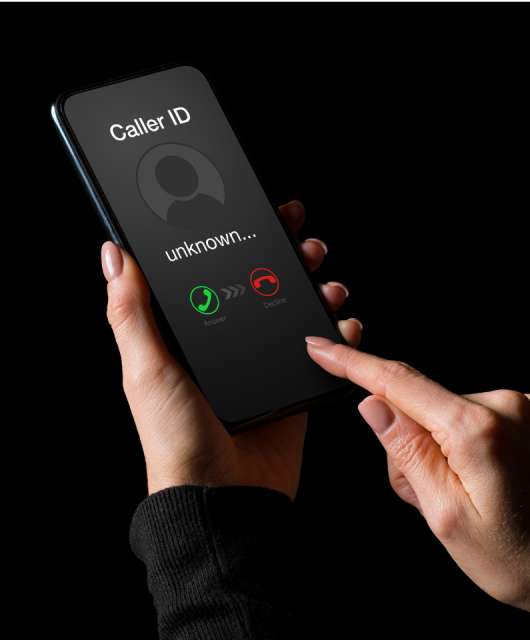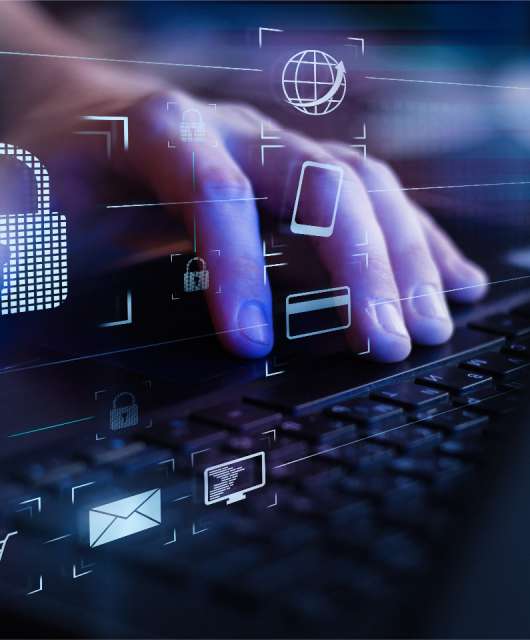The summer has officially arrived, millions of people are hitting the road. The American Automobile Association (AAA) expects more than 42 million Americans to take at least one 50+ miles travel trip this summer. While the travel increase is expected to cause havoc in airports and freeways, all the thrill seekers moving around should also consider their cyber security safety. Criminals don’t take days off, and the summer is as active season for them as any other time of the year.
Cyber security tips for your summer travel
We’ve compiled a short list of preparations people can make to avoid becoming cyber victims while creating memories away from home.
Firmware updates
One of the most straightforward tasks tourists can do before they leave home is to ensure that the local home network is secured and the software of all connected devices is up-to-date. A simple task such as updating a router’s firmware can prevent hackers from browsing unnoticed while traveling away from home. If possible, even switch the router off. Ensuring all devices are up-to-date helps travelers think more about vacationing and having fun and less about viruses and damage control.
Create a backup
Before tourists leave home, they should back up all their files. This is not only a safe way to ensure that precious data remains safely stored somewhere (on a Cloud or a physical drive) but backing up and possibly offloading files would also help have enough room to store videos and pictures on a smartphone. Backing files up is also helpful if a device with a self-erase function gets into the wrong hands. In this case, travelers will only have to think of getting a new device but not ruining the whole vacation by having to call banks and credit card companies to prevent further damage.
Avoid losing smartphones/tablets
People never lose their intelligent devices on purpose, but accidents happen, and being prepared is a must. Making sure that all smart devices are password protected is a must. It is terrible to lose a costly smartphone. Still, it is even worse if the criminals who stole the device can also browse and see things on the device, including images, banking accounts, social media accounts, etc. Some travelers go the extra mile and even insure their intelligent devices for the months they plan to move around as smartphone accidents increase while vacationing.
Public PCs and WiFi networks
Travelers within the US may be okay with the usual wireless data plan. However, when traveling abroad, things sometimes might be more challenging. Many vacationers rely on public WiFi networks and even public PCs. Adventure seekers must know that the network admin, and sometimes just random tech-savvy users, can see all the traffic within a network. Public PCs could have key loggers that would also store all the data that gets input. So, avoiding public WiFi networks and pcs is advisable, and if there is no other option, try not to share sensitive information and… always use VPN to secure a WiFi connection.
Consider VPN
VPN is also not a cure for all, but it allows goers to retain a form of anonymity as it protects their privacy by enabling them to browse anonymously. However, hiding digital prints is not all that VPN does. Using such tools, that sometimes are even offered free or as a part of an antivirus bundle, allows tourists to stay in touch with their favorite TV shows even if they are currently on the other side of the world. Watching Netflix on vacation does not sound very appealing, but it’s better than falling asleep while watching local TV in an unknown language.
Enable 2FA
The two-factor authentication (2FA) is imperfect and has flaws, but having 2FA enabled on all essential accounts is a must. Even if someone manages to penetrate a home network while away, or a stolen smartphone ends up in the wrong hands, the 2FA might be the feature that could save a tourist from getting robbed. Hackers are money-driven and don’t like uneasy targets, and 2FA often makes things a bit more complicated for them.
Being away from home and taking a deserved vacation must be an enjoyable experience. Preparing and knowing what to do in a cyber security emergency will help everyone get the best out of the summer travels.







